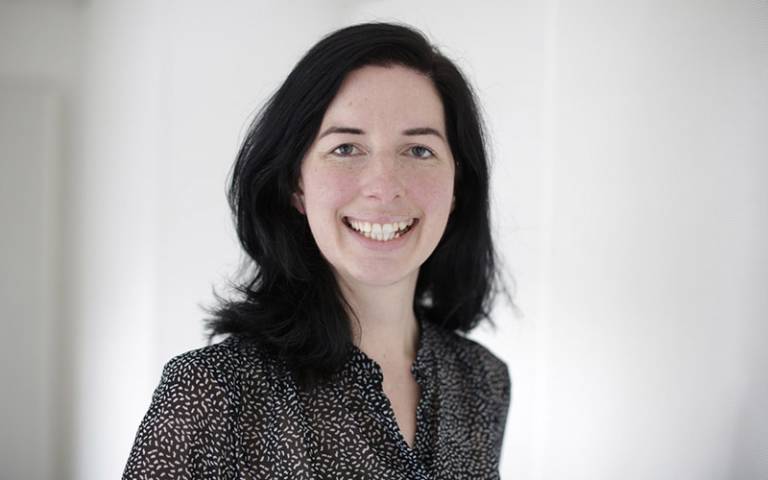Spotlight on... Dr Jenny McArthur
22 July 2020
Dr Jenny McArthur is Associate Professor in Urban Infrastructure and Public Policy at UCL STEaPP

How long have you been at STEaPP? What does your role involve?
I joined the department as a postdoctoral researcher in 2017 and took up a lectureship in October 2018. I lead the MPA core module on Policymaking, and co-lead the MPA specialisation in Sustainable Infrastructures and Public Policy with Dr Carla Washbourne.
For research, I work with Dr Ellie Cosgrave in the Urban Innovation and Policy Lab, where my work focuses on infrastructure governance, politics and finance. I’m interested in the decision-making and politics around major infrastructure investments. We often think of infrastructure decisions as ‘technical problems’ for engineers and economists to solve, but in practice, they can be deeply political and reflect wider societal values and power structures.
What drew you to STEaPP and UCL?
The applied focus and freedom to pursue research on real-world challenges.
How does your research feed into your teaching (and vice versa)?
As a researcher, I’m interested in the ways that politics, technical expertise and organisations interact in decision-making and policy design. This feeds directly into my teaching, but the challenge is to translate research questions and findings into a pedagogical approach. To equip our MPA students, learning is not just a matter of knowing the right pieces of information, but developing specific competencies, literacies and sensitivities to apply in practice.
What inspires you?
People. Early in my career, I realised that good policy changes rarely happen by accident, or even the efforts of a benevolent government acting in the interests of its people. Usually, it’s because someone fought for it - putting in a lot of energy and (often unpaid) time to challenge the status quo by promoting new scientific knowledge, advocating for the rights of marginalised populations or resisting the harms of new technologies. I’ve encountered a lot of people doing this kind of work in my research; they show incredible persistence and a vision for how things could be different – that’s what inspires me.
What achievements are you most proud of?
Leading the Policymaking module for our MPA. The degree’s goals are ambitious and it takes a lot of effort and coordination to put together a module that teaches the practical skills to address complex policy challenges, to students from diverse cultural and disciplinary backgrounds.
Who influenced you?
On work – my family taught me to work hard, my PhD supervisors showed the critical role of research to support long-term change in the infrastructure sector. On teaching and thinking – Sara Ahmed, Hannah Arendt, Paulo Freire.
If you could give one piece of advice to your teenage self, what would it be?
Learn history – particularly the story of where you live. It wasn’t until my mid-20s that I started reading about the history of Aotearoa New Zealand, where I grew up. It was a steep learning curve to realise my ignorance to the full extent of land confiscation and violence, despite living there for decades. It taught me that history isn’t just abstract information about the past, but central to your understanding of the present.
What piece of advice would you like to give to a student?
Be sensitive to your disciplinary background – it gives you certain analytical strengths, but also some intellectual baggage in terms of your assumptions or ways of seeing the world.
What three words would you use to describe STEaPP?
Challenging, applied, fun.
 Close
Close

